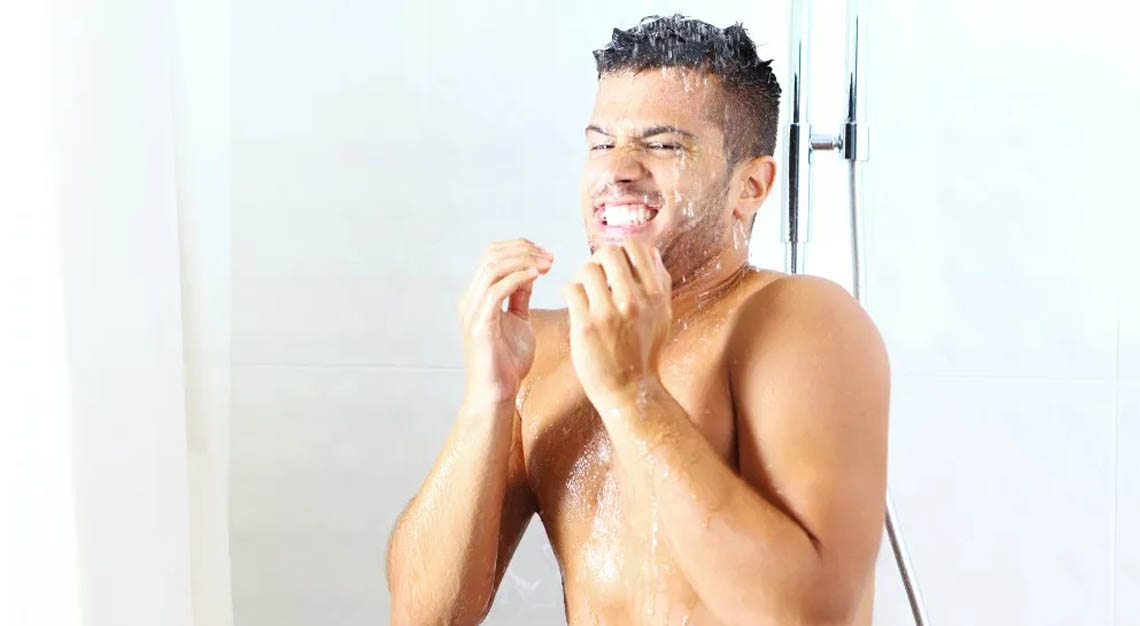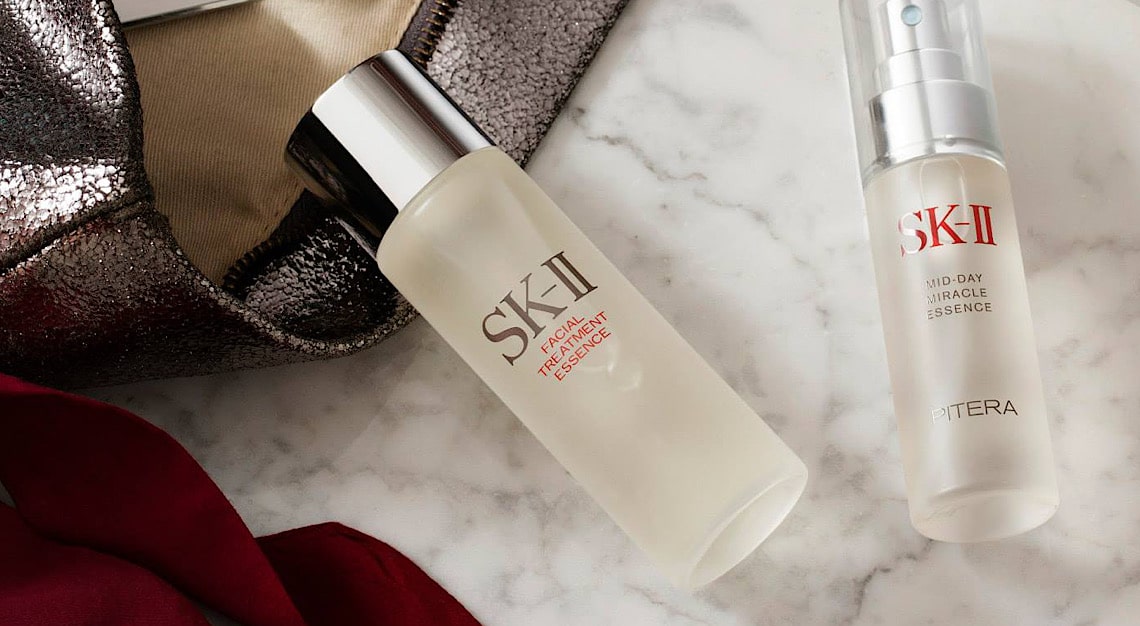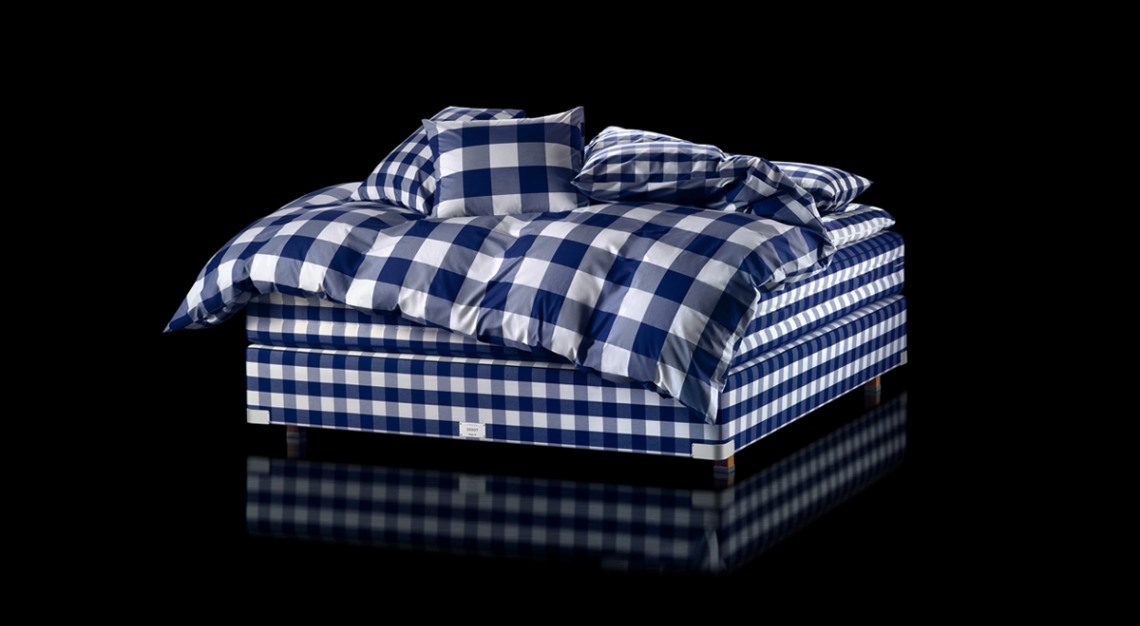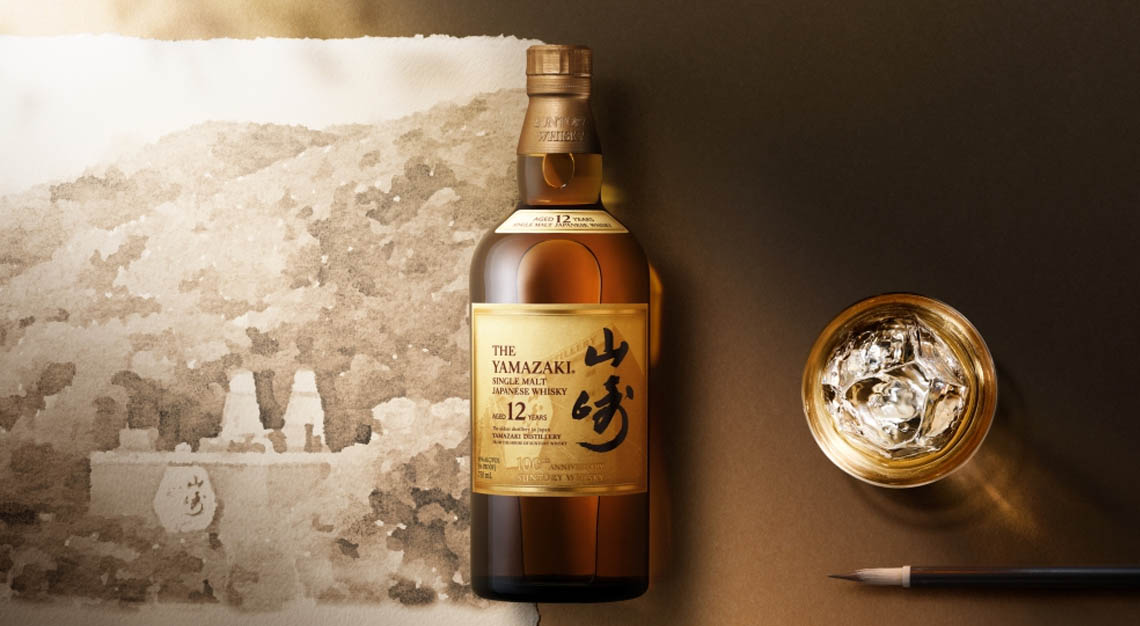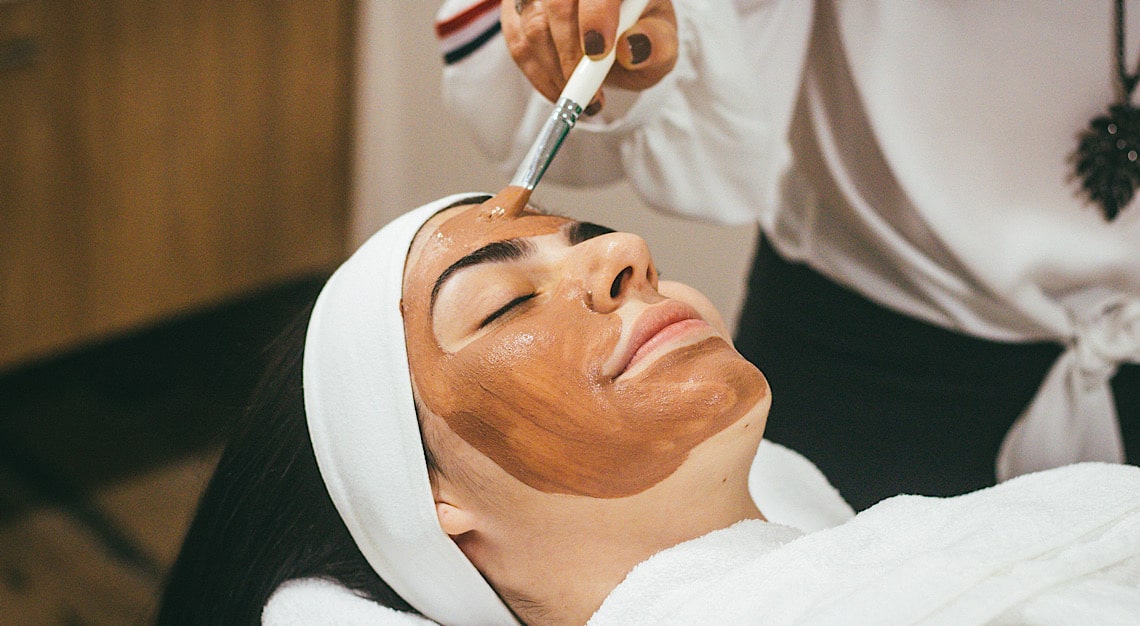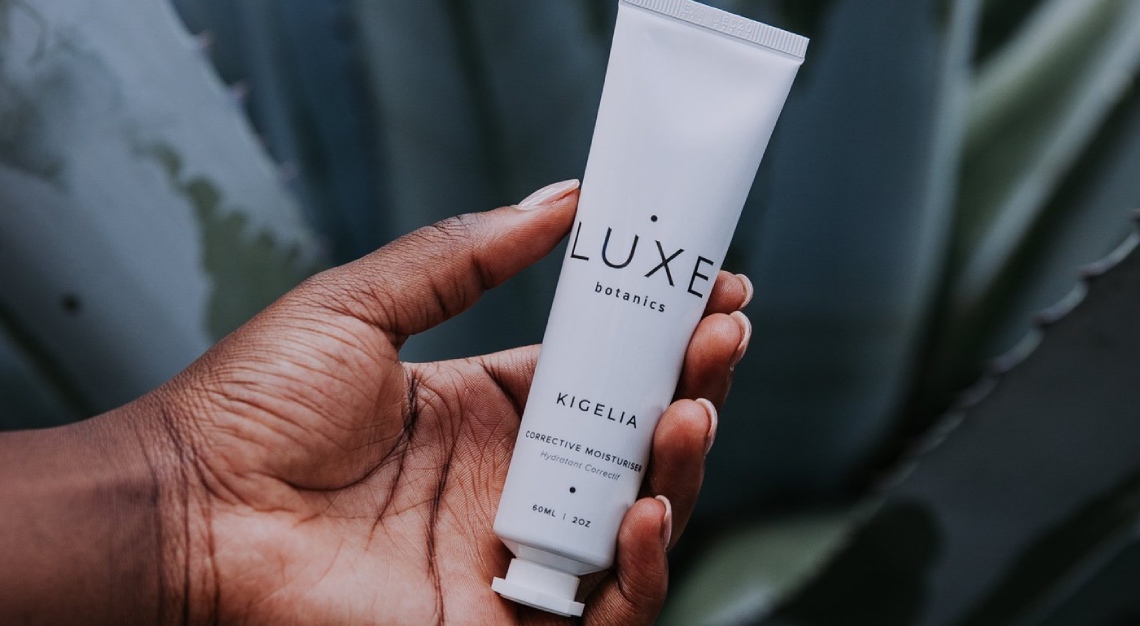From increased illness immunity to better stress resilience and decreased inflammation, it’s been a huge health boost
I always waited until the shower was scorching hot before stepping in. Frigid water enveloping my body? Why would anyone do that? Turns out, a spate of research indicates repeated cold water exposure can be a vital tool in a quest for a better health and improved lifespan.
The notion that constant, comfortable temperatures aren’t ideal for humans was broached, for me, during the second episode of Chris Hemsworth’s National Geographic series Limitless, a show that sees the Thor star attempting various health hacks to improve his longevity. The second episode, centred around the theme of shock, sees the Aussie actor explaining that extreme cold and heat can kickstart the body’s natural defence systems, compelling upgrades.
Things like cold plunges—and showers—could “help fight inflammaging, manage pain, and boost my immune system. It can trigger repairs inside my cells, and even improve my mental wellbeing,” Hemsworth says.
And that’s not just a Hollywood hunk spewing junk science; plenty of peer-reviewed clinical studies and a slew of longevity doctors back those claims. So I gave cold showers a shot for more than six months. Here’s how I did it, and the incredible host of benefits I realised.
How to take a cold shower
The methodology is simple: Start with a regular temperature shower, then flip the handle to the coldest you can bear for the last 30 seconds. A thermometer records my coldest shower water as being around 13 degrees Celsius, frigid enough to tingle then numb the top of my head—as well as my wedding vegetables.
Which is precisely what you want. If you’re not uncomfortable, the water isn’t cold enough and you’re doing it wrong. There’s an initial shock that happens; your breath quickens, your pulse races, and you feel an internal wave of energy overtaking your body. You’re immediately awake—if showering is a morning habit—and that central buzz doesn’t subside for a good 20 minutes afterwards.
The first week of cold showers was positively brutal but also quite satisfying. Gamify it by counting the seconds, attempting a lengthier personal record, and you’ll find that your cold-water immersion time ticks up significantly, right away.
How long should a cold shower last?
After a few weeks, I found myself able to get up to a minute; after two months, three minutes was possible—and dare I say enjoyable. And that’s about the amount of time you’ll need to see any benefits, per Dr. Neil Paulvin, a New York-based board-certified longevity and regenerative medicine doctor.
“While there aren’t as many studies on showers compared to cold plunges and immersion, you need at least 11 minutes a week to get the benefits,” Paulvin says. “You should take a cold shower for at least two to three minutes, anywhere between 10 and 16 degrees Celsius, though many people like to go below that temperature.”
After three months, I found myself craving the buzzing sensation so I started bookending my showers with cold water, stepping into the initially icy stream while waiting for the hot water to creep in, then finishing with a three-minute cold blast. I love this method even more. Now, after six months, I don’t even use hot water. (Unless it’s after a workout. More on that towards the end of this piece.)
What happens to the body during a cold shower?
What’s happening to your body during cold water exposure is called hormesis, a term for when a triggering substance or action leads to stimulating, positive effects. “We know increased hormesis does have increased benefits,” Paulvin explains. “As you add a stressor, like cold temperature, it forces the body to reset, recycle, and cleanse itself.”
“When your cells get cold, they work slower,” adds Dr. Rahi Sarbaziha, a Los Angeles based-double board-certified anti-ageing and integrative aesthetics doctor. “Ordinarily, your cells are flying around and can’t regenerate while they’re doing other duties. That slow down helps your body get extra time to regenerate and heal.”
“Cold showers can increase dopamine, your happy chemical; calm your nervous system; and can help you sleep better,” Paulvin says.
Cold shower benefits
Better skin
If you have itchy skin or conditions that result in irritated skin, cold water helps to close your pores, which can prevent bacteria and other irritants from entering, and strips less of your natural sebum oils away. It also reduces your inflammation, which decreases redness. Your skin gets more of a glow, too, due to better circulation. As someone who suffers seborrhoeic dermatitis, I have noticed a reduction in those flare ups. And while I’ve never been one to describe my skin as “glowing,” I do think it seems a bit brighter and firmer.
Stress resilience
If you can withstand three minutes of ice water pummelling your body, you feel better equipped to handle any stressors that come later in the day. Part of this is mental. You’re building a better, more adaptable mindset by forcing yourself into a stressful situation and proving you can overcome it with ease and aplomb.
You’ll notice this boost in different ways. Your attitude towards, say, a horrendously contentious work meeting, changes because listening to an inept boss drone on is no longer the most challenging portion of your day. Or things that were previously fear-inducing are more surmountable. I have always detested needles and blood work at the doctor; after six months of cold showers, fretting over a tiny prick is now laughable.
There’s also a chemical reaction happening to bolster the stress resilience. “As your nervous system resets from the cold showers, your fight-or-flight system is calming down,” Paulvin says. “You’ll definitely feel the effects.”
Reduced inflammation and inflammaging
Inflammation is when a portion of your body has a negative reaction to injury or infection. Inflammaging is when your body’s immune system surges to fight an inflammation, creating more cells than it may need. Those extra cells can cause more harm than good, and they can go after tissue and organs in a way that causes more breakdown. Inflammaging propagates a number of cardiovascular issues, like heart disease.
With cold showers, you’re reducing both inflammation and inflammaging. “Those extra immune cells—sometimes called ‘zombie cells’—get cleaned out during the reset cycle,” Paulvin explains.
After six months of cold showering, I have no way of knowing whether I’m slaughtering an army of zombie cells but, regarding inflammation, I can tell you that my usual aches and pains of my 42-year-old body have abated in an appreciable way. My lower back pain has diminished, my chronically sore shoulder (a hangover from a decade-long injury) also has mellowed.
Feeling sick less often
Cold water, interestingly, helps you fend off actual colds. There’s a widely publicised study that took 3,000 volunteers from the Netherlands and asked them to spend 30 days finishing regular showers with cold water, for either 30-, 60-, or 90-seconds. Work attendance of those participants was then analysed and the results were that the folks who showered in cold water were absent 29 percent fewer days, leading to the conclusion that cold showers translate to fewer sick days. (That number lept to 54 percent fewer sick days for those who regularly exercised.)
Per the study’s author, Dr. Geert A. Buijze, you don’t actually get sick less: “Participants who took the cold showers actually reported feeling ill just as many days, on average, as the people who showered normally. But either their symptoms were less severe or they felt more energetic, so they were better able to push through the sickness and function anyway.”
Anecdotally, I found this to be 100 percent true. Every few months, I usually get sidelined with a sinus infection that sees me recuperating in bed for at least a day, with the help of antibiotics. Since cold showering, I’ve not needed bed rest nor pharmaceuticals. Buijze is on the money, though: I still get a tinge of sickness here and there, but it’s far less encumbering than before and I am able to power through.
It reduces pain—but also may retrain your brain’s perception of pain
We already covered how cold water can reduce inflammation, and inflammation is one way we’re subjected to feeling pain. So reducing the various hotspots of inflammation in the body will reduce our overall pain.
But there’s also research that indicates that cold water can help block some of our neuroreceptors from feeling pain and, in some cases, rewire how our brain perceives pain. One study noted that cold showering “might have [an] antipsychotic effect similar to that of electroconvulsive therapy because it could work as mild electroshock applied to [the] sensory cortex. Additionally, cold showers are examples of stress-induced analgesia and would also be expected to ‘crowd out’ or suppress psychosis-related neurotransmission within the mesolimbic system.” Translated, this means that your body gets so overwhelmed with feeling cold that it just tunes out the pain. The belief is that, with repeated occurrences, your body’s ignorance of pain can become increasingly permanent, though more research is needed.
Other Cold-Shower Considerations
Benefits are cumulative, so consistency is key
“The more you cold shower, the better it works,” says Sarbazhia. “If you have an injury, you’ll see some benefits after a few showers, but if you keep up the routine, those benefits multiply.”
Add in heat exposure for even more benefits
While cold showers alone are beneficial, adding in heat exposure, like a sauna, and all those advantages are amplified, says Paulvin. The switch between extreme heat and extreme cold—for example, sauning for 20 minutes before an immediate cold plunge or shower—is even better. (More hormesis, effectively.) Recurring 20-minute sauna sessions, when heated to at least 170 degrees Fahrenheit, are great for reducing cardiovascular disease and Alzheimer’s disease, where studies note a 50 percent reduction in cardiovascular issues and a 66 percent reduction in Alzheimer’s.
Don’t cold shower after a workout
If the goal of your workout is hypertrophy, or building muscle, skip the cold water right after your pump session. “Cold showers mean your proteins aren’t working in the same way, and you’ll decrease your ability to build muscle,” says Paulvin.
Are there any downsides to cold showers?
For relatively healthy individuals, not really. “The only harm would be if you have heart or nerve issues,” Paulvin says. “You may feel that you’re getting too cold. And if you have muscle issues, it may increase spasms.”
Are cold showers as beneficial as cold plunges?
It’s hard to say, given that there’s a dearth of clinical and peer-reviewed research when it comes to cold showers, compared to cold plunges. While the research catches up, any cold water exposure is beneficial, per experts, though cold plunges may be even more beneficial.
This story was first published on Robb Report USA
